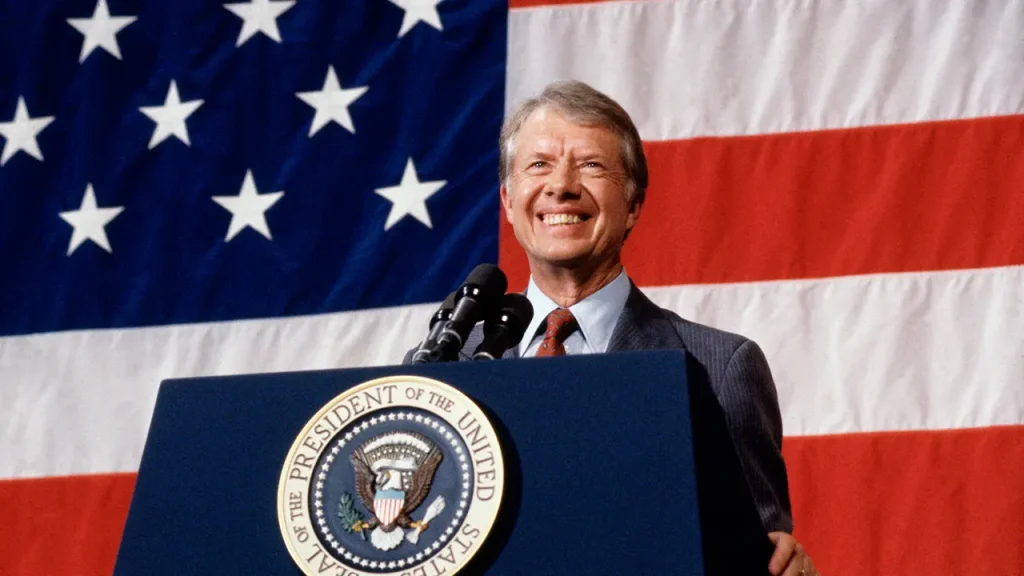Former President Jimmy Carter had a significant impact on the federal courts during his single term in the White House, appointing over 260 federal judges. His appointments were historic, as he appointed a record number of minority and female jurists during his presidency. Carter’s creation of the Circuit Court Nominating Commissions helped identify potential diverse judicial candidates, reshaping the federal bench to better represent the populations they served. These judges not only diversified the federal judiciary but also influenced numerous court opinions at the district and appellate court levels.
While Carter did not have the opportunity to appoint a Supreme Court justice, he revealed in a 2005 interview that he had planned to nominate a woman to the Supreme Court if a vacancy had opened up during his presidency. Judge Shirley Hufstedler, the first woman to serve as an appellate court judge, was Carter’s foremost candidate for a Supreme Court appointment. Although Carter did not get to appoint Hufstedler to the Supreme Court, he did choose her as the nation’s first secretary of education. It was Carter’s successor, Ronald Reagan, who nominated the nation’s first female Supreme Court justice, Sandra Day O’Connor, in 1981.
Despite not directly appointing any judges to the Supreme Court, two of Carter’s appellate court nominees went on to serve on the nation’s highest court. Stephen Breyer, whom Carter appointed to the U.S. Appeals Court, and Ruth Bader Ginsburg, whom Carter appointed to the U.S. Court of Appeals for the D.C. Circuit, were both chosen by former President Bill Clinton to serve on the Supreme Court in the early 1990s. Both Breyer and Ginsburg were later replaced by women jurists, including Justice Ketanji Brown Jackson, appointed by President Biden in 2022, and Justice Amy Coney Barrett, who replaced Ginsburg after her death in 2020.
Ruth Bader Ginsburg, in particular, was praised for her work on gender discrimination and credited Carter for reshaping the federal judiciary to include more women. Clinton lauded Ginsburg as being “to the women’s movement what Thurgood Marshall was to the movement for the rights of African Americans” when nominating her to the Supreme Court in 1993. In public speeches, Ginsburg acknowledged Carter’s role in increasing the number of women on the federal bench, stating that women weren’t represented in significant numbers until Carter became president.
Carter’s legacy in diversifying the federal judiciary and paving the way for women and minorities to serve as judges has had a lasting impact on the nation’s courts. His commitment to appointing diverse judges helped shape court opinions at all levels and opened doors for historically underrepresented groups to serve in the judiciary. While Carter did not have the opportunity to appoint a Supreme Court justice himself, his influence can be seen in the subsequent nominations of notable jurists who have made significant contributions to the legal system.













